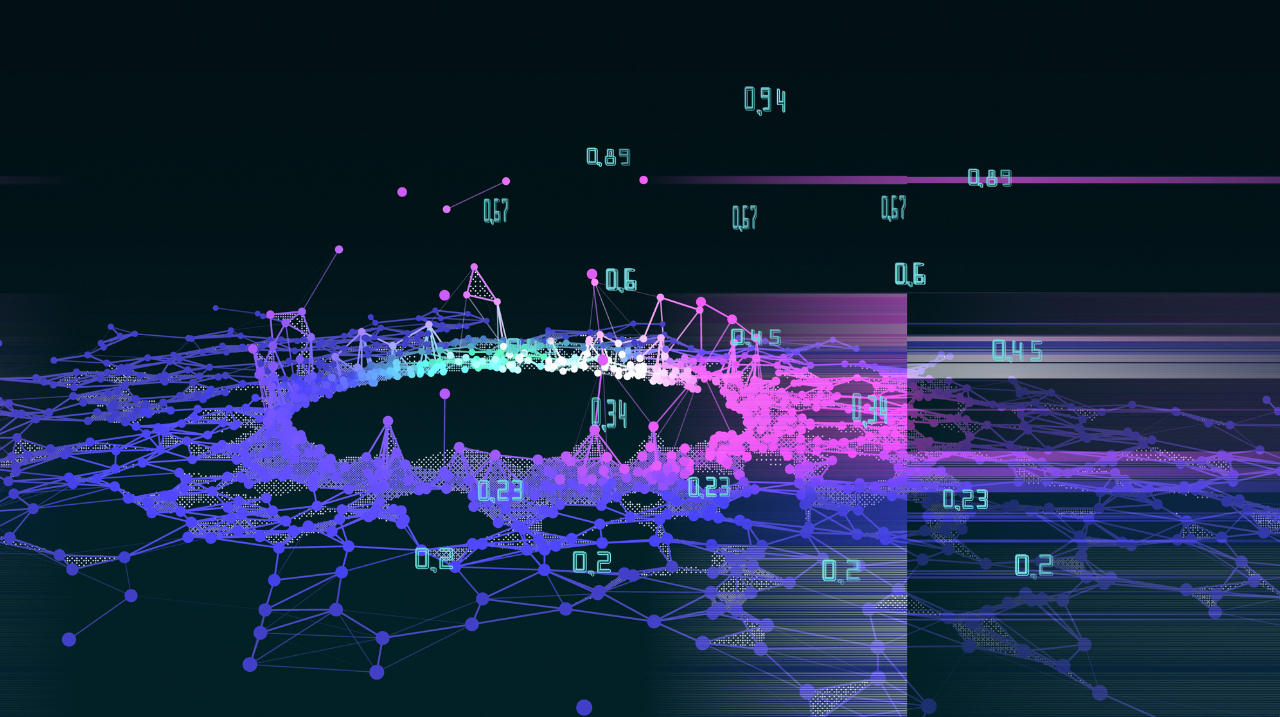Written by Dr. Zhana Kuncheva, Director of Health Data Science, bioXcelerate AI
The 2025 American Society of Human Genetics (ASHG) conference in Boston was a reminder of how much progress is driven by collaboration and shared purpose. More than 10,000 researchers came together to exchange ideas, showcase breakthroughs and connect around a common goal: turning human genetic discovery into impact.
The Energy of a Global Community
ASHG 2025 had a strong sense of momentum. The combination of established experts and emerging researchers created an atmosphere of curiosity and openness. The poster sessions were exceptional, both for the quality of research presented and for the discussions that followed. These conversations often sparked new ideas and potential collaborations, showing how valuable it is when scientists can meet and share knowledge directly.
The networking opportunities were outstanding. Reconnecting with colleagues and meeting new collaborators reinforced how interconnected and supportive the genetics community has become. Boston proved to be an ideal host city, easy to explore and full of opportunities to engage with others beyond the conference halls.
The Role of Data in Discovery
A recurring theme throughout the conference was the importance of data integration. Biobanks and large-scale genomic resources have become essential to advancing human genetics, but the next stage of progress depends on connecting these datasets more effectively. Building interoperability and aligning scientific standards with clear governance will help ensure that data continues to drive meaningful, responsible research.
The absence of some presentations due to the recent US government shutdown also served as a quiet reminder of the importance of stability in science. Protecting the continuity and independence of research allows discovery to progress without interruption.
bioXcelerate AI’s Parkinson’s Disease Research
bioXcelerate AI was proud to present new work applying DiscoveryX, our integrative multi-omics analysis platform, to Parkinson’s Disease (PD).
PD remains one of the most urgent unmet needs in neurodegenerative research. Although large-scale genome-wide association studies (GWAS) have identified many genetic associations, the challenge lies in connecting these findings to biological mechanisms that can guide therapeutic development.
Recent advances in causal inference, including fine-mapping, colocalisation and Mendelian randomisation, provide a strong framework for identifying molecular drivers of disease. Using DiscoveryX, we applied these approaches to a large European GWAS meta-analysis of PD (Nalls et al. 2019). Leveraging bioXcelerate’s proprietary fine-mapping, summary statistic imputation and multi-trait colocalisation methods, we integrated 5,234 publicly available molecular QTL datasets across blood and brain tissues. This analysis enabled us to infer causal links between PD risk and underlying molecular processes, helping to establish a clearer path from genetic association to biological insight.
This work highlights how multi-omic integration can bridge the gap between genetic discovery and translational understanding, supporting more precise target identification for PD and other neurodegenerative conditions.
Lessons and Looking Forward
A few moments from ASHG stood out in particular, such as attending The Genetics Podcast live and contributing to a collaborative presentation. More broadly, the week reinforced how much the field benefits from openness and respect. Healthy competition encourages progress, but collaboration and shared purpose are what make that progress sustainable.
At bioXcelerate AI, we are committed to building on that spirit. Our goal is to empower researchers and partners with tools that help interpret complex biological data and translate it into insights that drive innovation in human health.


